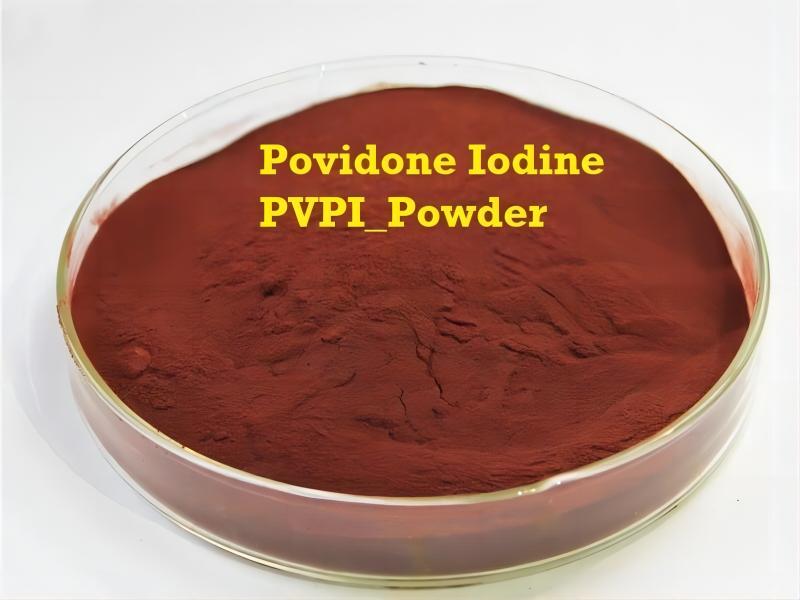In the realm of modern medicine, the battle against infections and pathogens is relentless. Povidone-iodine, a powerful antiseptic, has emerged as a crucial tool in the fight against a spectrum of microbes. Widely utilized in various medical settings, from surgical procedures to wound care, povidone-iodine has earned its place as a trusted and effective agent. This article explores the history, properties, applications, and considerations surrounding povidone-iodine.
Historical Overview: Povidone-iodine, also known by its trade name Betadine, has its roots in the early 1950s. The compound is a complex of iodine, a potent antimicrobial element, and povidone, a water-soluble polymer. This combination enhances iodine's stability, making it safer and more practical for medical use.
Chemical Composition: Povidone-iodine typically consists of iodine complexed with polyvinylpyrrolidone (PVP), a water-soluble polymer. This chemical marriage improves iodine's solubility and reduces its volatility, resulting in a more controlled and sustained release of iodine when applied.
Antimicrobial Properties: Povidone-iodine is renowned for its broad-spectrum antimicrobial activity. It is effective against bacteria, viruses, fungi, and even some protozoa. This makes it a versatile and potent disinfectant, capable of preventing and treating infections in various medical scenarios.

Applications in Surgery: Povidone-iodine is a staple in surgical settings, where maintaining a sterile environment is paramount. Surgeons often use povidone-iodine solutions to disinfect the skin before incisions, reducing the risk of surgical site infections. It is also employed for mucosal antisepsis, such as in oral and ophthalmic procedures.
Wound Care: In the realm of wound care, povidone-iodine is used to cleanse and disinfect cuts, abrasions, and burns. Its ability to eliminate a broad range of pathogens makes it a valuable ally in preventing wound infections and promoting healing.
Topical Antiseptic Solutions: Povidone-iodine is available in various formulations, including solutions, ointments, and scrubs for topical application. These are commonly used in healthcare settings, as well as in households, for minor wound care and skin disinfection.
Preoperative Skin Preparation: Prior to surgery, patients are often required to undergo preoperative skin preparation to minimize the risk of surgical site infections. Povidone-iodine solutions are widely employed for this purpose, ensuring a thorough and effective disinfection process.
Considerations and Precautions: While povidone-iodine is generally well-tolerated, some individuals may be sensitive to iodine. Allergies or adverse reactions are rare but possible. Healthcare professionals must consider patient history and allergies before using povidone-iodine. Additionally, prolonged use may lead to iodine absorption and potential thyroid-related complications, making it imperative to use the solution judiciously.
Conclusion:
Povidone-iodine stands as a testament to the continual evolution of medical science. Its efficacy, broad-spectrum antimicrobial properties, and diverse applications make it an indispensable tool in the hands of healthcare professionals. From preoperative skin preparation to wound care, povidone-iodine plays a pivotal role in safeguarding against infections, contributing significantly to the pursuit of optimal patient outcomes in modern medicine.